- Special Considerations
- Special Consideration Policy
- Fitting in with Education Queensland
- Modifying Curriculum and Instruction
- Parallel Agendas – Defined Roles and Shared Responsibility
- School Visits
- Seminars
Maintaining a positive relationship with the child’s school is beneficial to the child and contributes to the overall outcome for the child.
Literacy Care makes every effort to understand and acknowledge the involvement of the school in the child’s recovery. However, it is important for schools to understand that private clinical intervention is a specialized area which may not include significant input from teachers.
The best way for teachers to assist students who are engaged in intervention is to investigate suitable special considerations (see below) that will give the child a positive school day particularly around literacy based tasks. Teachers can also help by positively acknowledging the legitimacy of the child’s struggles and to show suitable levels of empathy.
Special Considerations
The provision of special consideration is an issue that all teachers need to be aware of if they are to ensure the curriculum remains accessible, enjoyable and inclusive for students with learning disabilities.
Special Consideration Policy
The formulation of a Special Consideration Policy should be discussed between parents and the classroom teacher. Special consideration is not learning support but is rather a policy that governs how to interact with and manage the child in a sensitive and non-discriminatory way relative to his or her disability in the classroom setting on a daily basis.
The basic and essential premise of Special Consideration is the concept of ‘Empathetic Insight’. The hope is that a proper level of insight into the child’s difficulty will lead to an empathetic based policy that governs how the child will be managed in the classroom. It is a way of arranging a series of ‘do’s’ and ‘don’ts’ around the child in order to give him or her a successful school day academically and a safe day in relation to mental health.
A special consideration policy does not have to be a written policy. It can be thought of as a series of mentally understood behavioural guidelines that the classroom teacher formulates and evokes for herself/himself specifically in relation to the child.
Fitting in with Education Queensland
Queensland schools are bound by the relevant policies of Education Queensland in relation to the provision of Special Consideration. I.E.P’s, I.C.P’s etc are viable documents that acknowledge the legitimacy of the child’s struggles and do allow for certain levels of support to be implemented. However, the notion of Special Consideration is quite personal to the teacher and student. Every school and every teacher is able within their sphere of influence and responsibility to provide a certain level of special consideration for children in their classroom for whom special consideration is warranted.
The following Six Key Areas of Special Consideration should be investigated by individual teachers as they consider how best to manage a child with learning difficulties:
Modifying Curriculum and Instruction
Purpose of Modification: The purpose of modification is to enable an individual to compensate for intellectual, behavioural, or physical disabilities. Modifications allow an individual to use existing skills while promoting the development, acquisition, or improvement of new skills.
Purpose of Accommodation: Accommodations are modifications to the delivery of instruction or to the method of student performance. In general, accommodation does not change the conceptual difficulty or content of the curriculum.
Concept of Partial Participation: Partial participation is a modification of the curriculum so that an individual has some active level of involvement in the instruction and instructional activities. This concept is particularly applicable to students with more severe disabilities who may never learn the same skill at the same level as students without disabilities.
Good modifications should:
- Fit into the classroom environment
- Lend itself to meeting individual student needs
- Optimize understanding for each student
- Work well with instruction activities
Accommodation: A modification to the delivery of instruction or the method of student performance that does not change the curricular content or conceptual difficulty.
Example: Listening to a novel rather than reading it.
Adaptations: A modification that changes the delivery of instruction or the conceptual difficulty and content of the curriculum.
Example: Providing picture cards for key words in a story.
Parallel Instruction: A modification to the delivery of instruction or method of student performance that does not change the content but changes the conceptual difficulty of the curriculum.
Example: Most students are completing addition problems and this student is completing a worksheet with problems that have counting circles.
Overlapping Instruction: Modifications to the student’s performance expectations while all the students take place in shared delivery of instruction. It is assumed that there is a difference in the content and the conceptual difficulty of the curriculum.
Example: A student is responsible for recognizing pictures of Newton and Einstein from a video on physics while most students will be expected to write short biographies.
Parallel Agendas – Defined Roles and Shared Responsibility
There are four separate but linked agendas that should be ‘run’ concurrently for the student with a learning disability. The following two charts help define the two notions of ‘parallel’ and ‘shared’ responsibility.
Agenda 1: Learning Support
Generally speaking for the child with a learning disability Learning Support needs to be provided across the default curriculum. If possible support measures should be jointly negotiated between parents and teachers and formalized through a written plan. The presence of a plan usually implies regular meetings between teachers and parents. Learning support plans should never be considered as “set and forget strategies”. The Learning Support Teacher and classroom teacher are the key people in this regard.
Agenda 2: Individualised Special Consideration Policy
The formulation of a Special Consideration Policy (see above) should be done as an additional notion to learning support.
Agenda 3: Assistive Technology
The possibility of purchasing, training in and implementing some form of Assistive Technology should be explored for the student with a learning disability. Assistive technology requires the parent to negotiate with both a service provider and the school. It is important that the classroom teacher embraces the technology and that the piece of software or hardware that is chosen is just right for the child and can be used at both school and home. There are three main service providers in Brisbane.
Agenda 4: Direct Remediation
The student with a learning disability who is still at the age where effective recovery can happen should be offered intervention. See the section on Scientific Evidenced Based Interventions.
The school may wish to investigate ways that they can provide Direct Remediation. See Criteria for Schools.
School decision makers need to think seriously about purchasing, training in and implementing a scientific and evidenced based intervention in their school. There are now numerous programs that meet the acceptable criteria. Many are from overseas but there are some Australian programs.
However, there are many reasons why school cannot provide intervention. If the school cannot provide the right intervention at the right time then private professional help is probably the only other option. The Literacy Care Service exists for this reason.
Putting it All Together
For the student with a learning disability to have their best chance at recovery all four agendas need to be put in place and run concurrently. In the main they will involve four different professionals. The parents need to have an ongoing coordinating role.
School Visits
Literacy Care clinicians are available to visit schools. School visits can work extremely well when all parties agree to an open, honest and mature discussion about the child’s needs. To determine the level of importance and relevance of a school visit a certain criteria is applied. If parents desire a school visit by a Literacy Care clinician this should be discussed during the assessment process. There is a separate fee for school visits.
Seminars
Literacy Care has conducted many seminars over the years for teachers, various professionals and parents. Usually these are held in the evening for a couple of hours but other times can be arranged with sufficient notice. There is a separate fee for this service.


